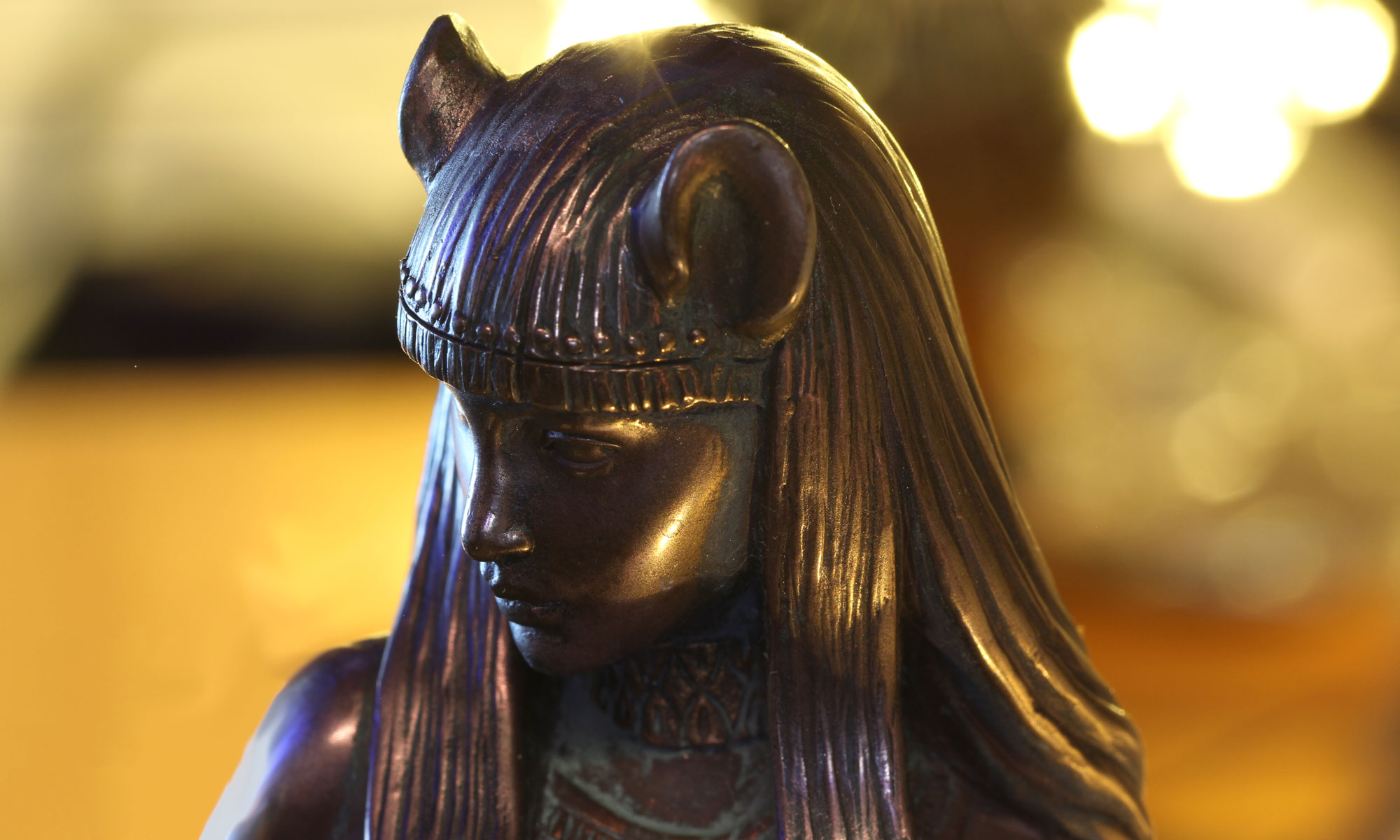ASWM Conference May 5-6, Syracuse NY
Registration Links and Conference information here

Born on the Connecticut River in Holyoke, Massachusetts, Rev. Areeya Marie Sharpe was gifted a unique relationship to the whispers of water. Listening to the rivers and lakes amidst the pines nourished her deep abiding love and trust in the pulse of nature, while growing up in a world seemingly unfriendly to interracial, multicultural children. Areeya was inspired while singing with a lake to seek out the connections of the heart waters of many traditions and peoples who honored the land and waters. Remembering her parents intricate abilities and traumas, and navigating the violences of intolerance and bigotry, she heard a call from the river on which she was born to seek out waters of different lands as an offering and for guidance. After serving 8 yrs in the military, a common choice to escape the ghettos, she came to the conclusion the waters knew best… As a form of healing and honoring her family with African American, Mediterranean, Blackfoot, Cherokee and military roots of the deep south, she chose the path of carrying water. For 20yrs, she has journeyed carrying the waters between several spiritual communities. Priestess, Multicultural Ceremonialist, Interfaith Minister and Medical Qigong Practitioner, Areeya is a co-caretender and Priestess in Residence, at the Temple of Goddess Spirituality dedicated to Sekhmet in Cactus Springs, NV, founded by Genevieve Vaughan.

“Water Whispers of the Desert”
Rev. Areeya will share insights on the relationship of water and prayer from the vantage point of the Mojave Desert, around the Sekhmet Temple in Cactus Springs, NV. This sacred location is in a unique dance between the Nevada Nuclear Test Site, a Drone-laden Air Force Base, and 2 maximum security prisons. And this desert is the homeland of the Western Bands of the Shoshone Nation and the Paiute. Where water is precious, the desert cultures speak and sing to the waters, and focus on the pivotal communion with a tiny spring. “In the daily honoring of this blessed outpost of peace, we explore our species’ deep relationship with the sacred waters of life through the vibrations of sound, thought and emotion.” This presentation honors the teachings of the belated and beloved Spiritual Leader of the Western Shoshone Nation, who lives on in the hearts of his people and the memories of water.











You must be logged in to post a comment.